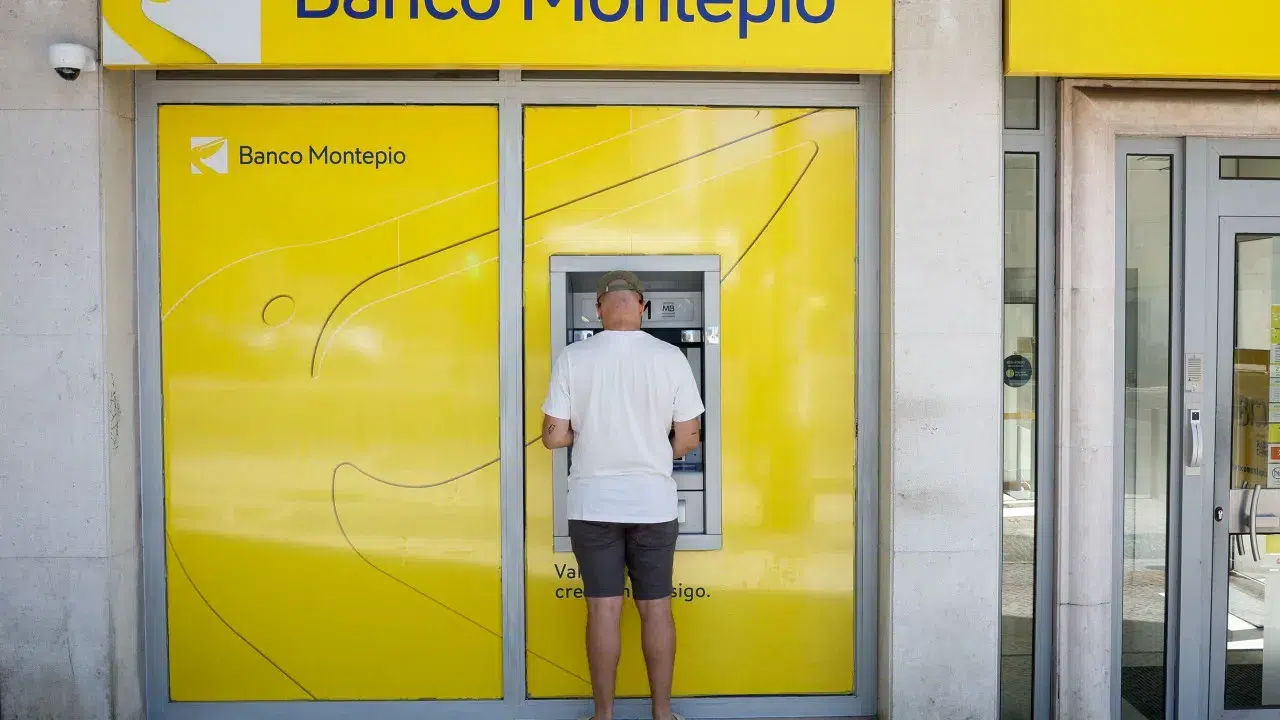
“Municipalities, many of them small, often struggle to manage geographic constraints that lead to higher service costs; a national policy is required,” stated Filipa Baker from the Portuguese Association of Large Families.
She emphasized the need for government intervention and investment to ensure easy access to basic services like water supply, sanitation, and urban solid waste (USW) management for the entire population.
According to the association, it’s crucial to revise the tariff calculation assumptions to consider per capita consumption rather than solely focusing on wastage penalties.
“We should not penalize what is essentially the consumption needed for larger families. It’s vastly different when one person lives alone compared to a family with three children or a couple with a child caring for their grandparents,” she noted.
Barcelos, in the Braga district, emerges as “one of the most discriminatory municipalities,” where a family of seven pays approximately four times more for water and sanitation services compared to an individual living alone. At the other end of the spectrum lies Tarouca, in the Viseu district.
A study across 308 municipalities revealed that 78% (240) apply family tariffs for water supply, 70% for sanitation, and 18% for USW.
“Having a family tariff doesn’t guarantee fairness; some municipalities apply it for correction but end up with minimal differences, while others adopt a single rate that doesn’t necessitate a family tariff,” Baker warned.
Annual bills for these three services can vary by nearly 2,400 euros across municipalities due to geographic disparities in access and consumption equity.
“The cost per cubic meter for the same per capita consumption varies significantly depending on the municipality of residence and family size. Generally, the larger the household, the higher the cost per liter or cup of water,” she confirmed.
A family of 10 pays 113 euros in Lajes das Flores, Azores, compared to 2,502 euros in Barcelos, Braga district. A family of five pays 967 euros in Fundão, Castelo Branco district, and only 33 euros in Lajes das Flores, the study found.
Meanwhile, a couple’s annual bill ranges from 20 euros (Lajes das Flores) to 398 euros (Trofa, Porto district), while an individual in these areas pays between 19 euros and 309 euros, respectively.
Even within the same district, discrepancies in the total bill for these services persist.
In Porto, a family with three children welcoming grandparents (seven members) incurs an annual bill of about 571 euros in Lousada, which rises to over 1,313 euros if they relocate to Gondomar.
In Vila Real, a couple in Alijó pays just over 134 euros, while in Peso da Régua, the amount exceeds 353 euros.




